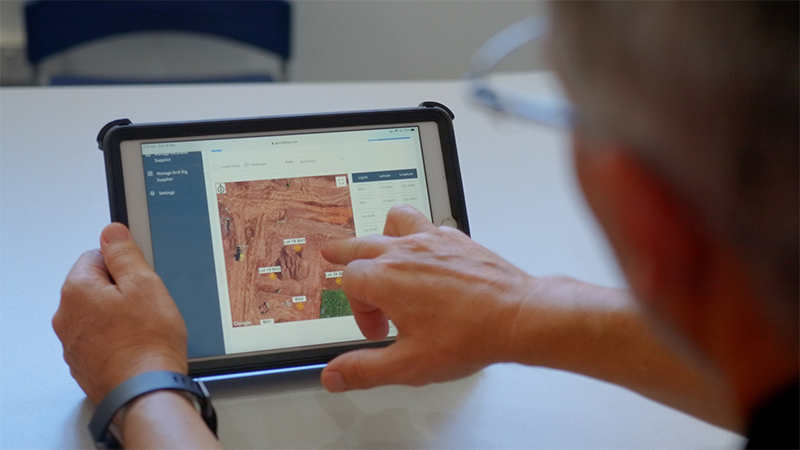


The International Organisation for Standards, also known as ISO, is an independent, international NGO (non-governmental organisation), which comprises a global network of national standards bodies from over 160 different countries. This is the largest single body for developing voluntary, consensus-based standards across multiple industries for both products and services. The primary objective of the organisation is to provide the framework for the standardisation of almost all aspects of technology and business and in turn, help forge industrial innovation and improve organisation-level performance. Having been in operation since 1946, ISO has played a key part in over twenty-four thousand international standardisations, with notable examples including the A4 family of paper sizes, credit cards, food safety measures and currency abbreviations. With 160 countries involved, the organisation decided to abbreviate its official name to ISO (derived from the Greek term ‘isos‘, which means equal). Naming themselves as such was a measure designed to break through language and communication barriers, ensuring they remain consistent and recognisable across the globe.
An International Standard is a document containing practicable information and recommended practice. Fundamentally, it describes a customary way of doing something or an agreed solution to a universal problem. For example, ISO standards:
The ISO 9001 standard in particular, outlines the criteria for a Quality Management System. This standard is based on seven “Quality Management Principles”, incorporating a robust customer focus, the management approach by senior executives of the business, the way we outline and maintain processes, and the way that we endeavour for continual improvement. Quality Management Principles are a set of fundamental beliefs, norms, rules and values that are universally accepted as a benchmark and can be used as a foundation for quality business management. The Quality Management Principles outlined in ISO 9001 are:
As an international organisation, ISO’s 9001 certification is valued globally, meaning that our accreditation is applicable across the regions we work in, around Queensland and northern New South Wales.
The ISO organisation does not certify businesses directly, therefore all certifications must be awarded by an independent, external, specialty auditing agency. In order to qualify for the Quality Management Systems accreditation, there are a number of necessary steps that first need to be employed including developing, implementing, verifying and registering a particular management system. Once a company becomes certified, they must undergo an annual review to ensure continued adherence to the seven Quality Management Principles. Maintaining the ISO 9001 accreditation requires the RMA team to commit to ongoing improvements in systems, staff training, organisational structure, and procedures for achieving successful outcomes for our clients.
RMA Soils + Geotechnical have been operating in the Darling Downs region for around 9 years now, and throughout that time we have methodically developed and refined our management system and associated processes. We regularly review our practices to ensure that not only are we continuously maintaining our accreditation continuity, but that we also sustain a genuine understanding of our business, our clients and our wider industry.
ISO accreditation is a fundamental part of the RMA Soils + Geotechnical DNA. It provides a benchmark for the calibre of service we offer and highlights our ability to deliver consistent, transparent and concise work. The ISO 9001 certification standardises our services and demonstrates our commitment to delivering quality solutions to our clients.
Our Quality Management System accreditation indicates that we are continually fulfilling regulatory and statutory industry requirements, meaning our clients have come to know the quality they can expect from our company.
For more information, or a more detailed look at ISO 90o1 and the International Organisation for Standards, we encourage you to check out their website. If you’d like to connect with us, and partner on an upcoming project, be sure to join our LinkedIn network or email through your enquiries to enquries@rmasoils.com.au.
